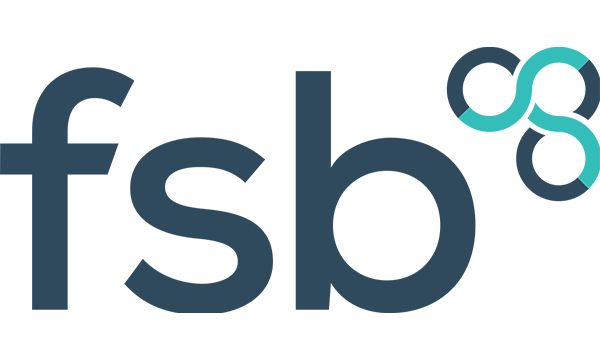In this article, Matthew Sutton, Corporate Director of law firm Greenaway Scott (part of the GS Verde Group), looks at Employee Ownership as an option for succession.
According to a recent report by the UK’s Employee Ownership Association, the growth in employee ownership as a succession option for SMEs and family businesses is continuing at pace, with more than 50% of business transitioning to employee ownership since 2017.
What is an Employee Ownership Trust?
An Employee Ownership Trust (EOT) is a unique type of business structure introduced in 2014. This structure gives the employees of the company an opportunity to take a majority stake in the ownership of that company. A truly win-win solution to selling a business, an EOT is also a tax advantageous disposal from the perspective of the shareholders of the company.
The majority stake of the business will be held on trust. The trust will hold the shares for the benefit of all employees.
One of the attractions of an EOT is that the future growth of the company becomes a long-term benefit for the employees who have helped the business to grow. It is also a great opportunity for the trust, on behalf of the employee, to influence the decision making of the company.
What are the benefits for the seller?
There are numerous advantages for the seller(s), in addition to tax advantages and reliefs.
However, the tax advantage should not be understated. A sale to an EOT is capital gains tax exempt – more on that later!
One of the other major advantages is in relation to employee engagement and empowerment. As part of an EOT, employees evolve from not only working for the company, but are, through a trust vehicle, owners of the majority of the shares in the company. This in turn can bring greater commitment, reduced absenteeism and a greater drive for innovation.
An EOT provides a great option for company owners who are planning an exit. It can sometimes be tricky for sellers to find the right buyers and implement a succession plan. In the case of an EOT, transferring part of the company to employees creates the opportunity of a partial exit for the prior shareholders. It also gives some peace of mind around the business continuing in the hands of people who are already involved with running the business on a day-to-day basis.
The seller will still be able to influence the operation of the company as a significant minority shareholder. This could be important for a seller who wants to hand over control but is not fully ready for a complete a total sale of the company.
What are the benefits for the employees?
In addition to the benefits for the seller, an EOT is a great opportunity for the employees of the company.
Employees will have the opportunity to benefit in the growth of the company they work in. In addition to owning a stake in the business and being part of its growth, employees they will be able to benefit from the success of the business, for example, through dividends or a future sale of the company.
In any part of business, like life, change is not always welcomed. This can be true for employees when there is change within a business, whether that is structural, cultural or operational change. In the case of an EOT, the day-to-day operations of the business will not typically change.
Tax advantages
There are two main advantages and reliefs that can be applied to an EOT. The first one is a full relief against capital gain tax (CGT) and the second one is the possibility to have bonuses that are income tax free.
The selling shareholder will be able to obtain a full exemption from CGT on the disposal of the shares.
From an employee perspective, there is the possibility to receive an annual bonus up to £3,600 which will be free of employment income tax (this will still be subject to NICs).







